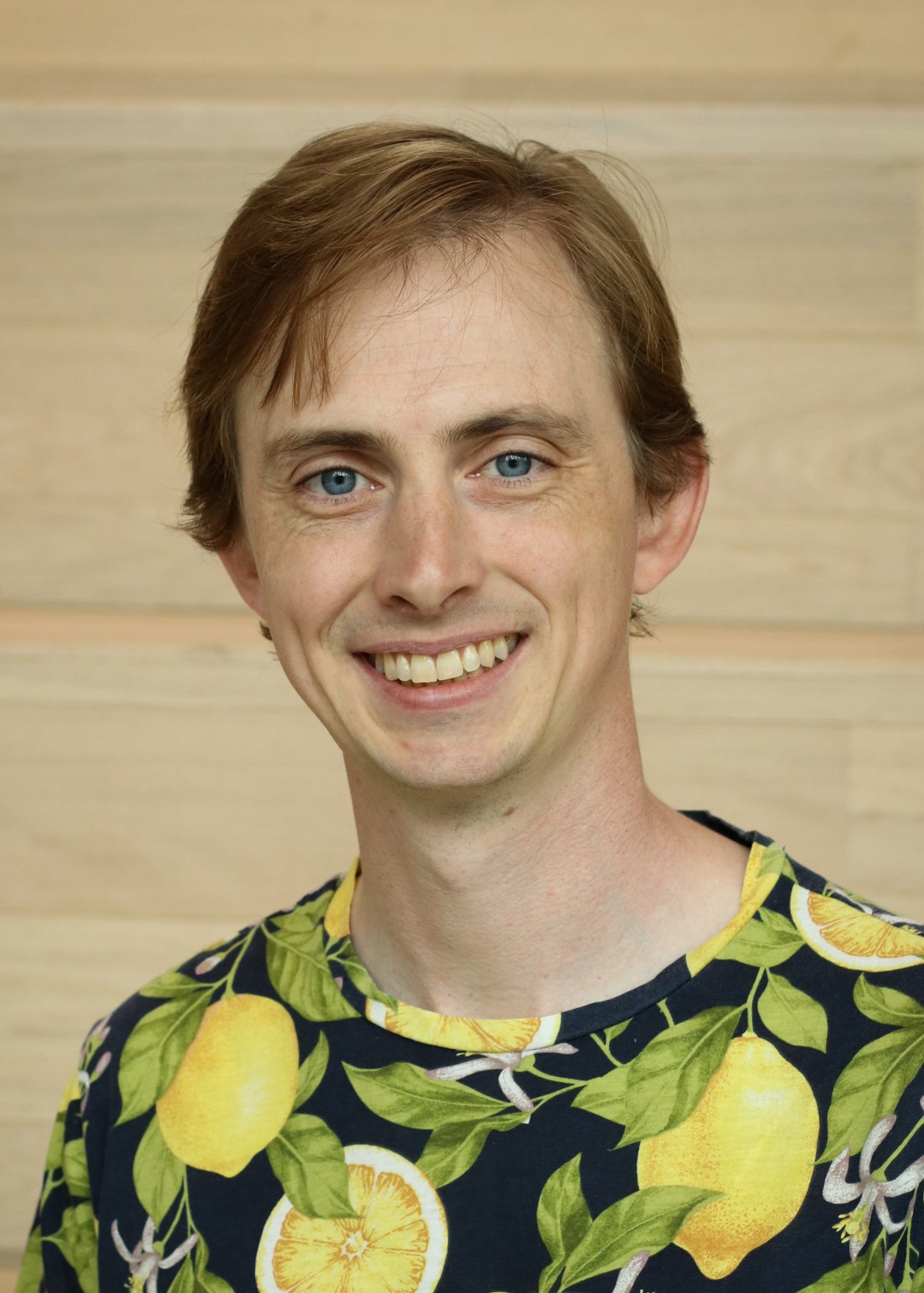In three words or phrases: Supportive, enthusiastic, guiding.
Provision of Training
Student’s hands-on training will be supervised predominantly by my experienced post docs/PhD students. I will have regular structured meetings with students - weekly for the first few months, then bi-weekly. We will also have plenty of informal interactions for discussion as dictated by student and project needs.
Progression Monitoring and Management
I have high expectations of students, expecting them to be highly self-motivated and to be carrying out world class research by the end of their PhD. However, this is within the context of a lab culture that prioritises mental health and wellbeing and strives for reasonable work-life balance. For example, weekend working is the exception rather than the norm and I expect students to take regular vacations.
Regular student-supervisor meetings are an essential component of student training and project progress. We will meet bi-weekly and review progress and project plans. Project planning and assessment in my lab is always student led, with my role to mentor, review and advise rather than to micro-manage.
Communication
We have weekly lab meetings with a rotating schedule of research presentations and journal clubs by team members. We also have a lab Slack group which we use to coordinate lab admin, manage projects and discuss/ troubleshoot research. Although I may sometimes message my team during odd hours due to parenting responsibilities, this is on the clear understanding that responses are only required during office hours.
I have a good track record in supporting team members with pastoral issues and will make available dedicated time to deal with such issues as they arise.
PhD Students can expect scheduled meetings with me:
In a group meeting
At least once per week
In year 1 of PhD study
At least once per fortnight
In year 2 of PhD study
At least once per fortnight
In year 2 of PhD study
At least once per fortnight
These meetings will be a mixture of face to face, via video chat or telephone, and I am usually contactable for an instant response 3 or 4 days a week.
Working Patterns
Certain tasks in my lab need to occur at set times, and students need to be able to commit to a rota/timetable shared with other members of the team.
Notice Period for Feedback
I need at least 2 weeks' notice to provide feedback on written work of up to 5000 words.
